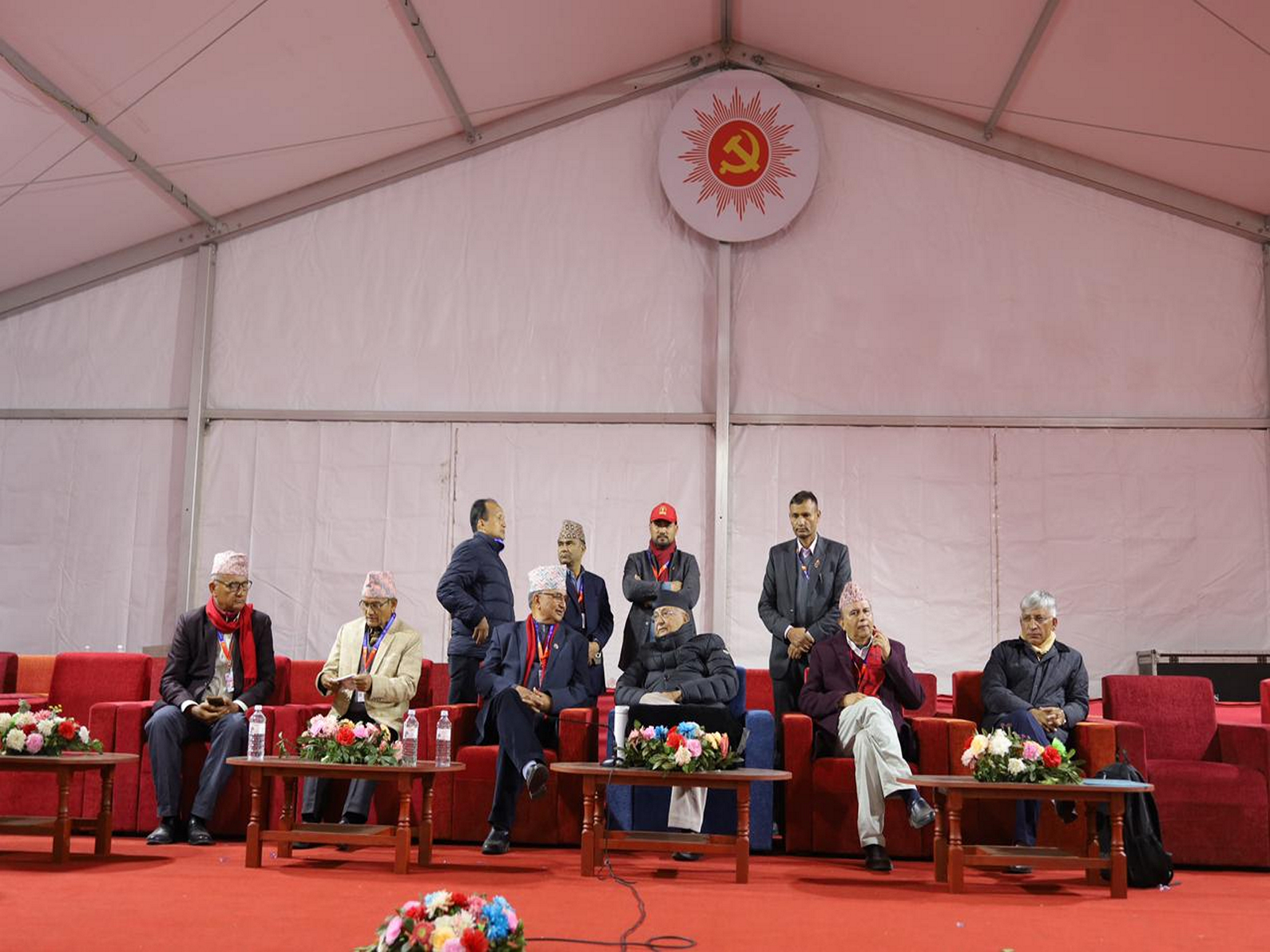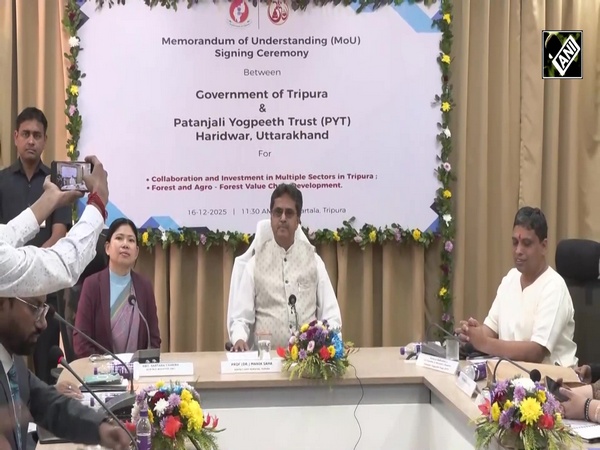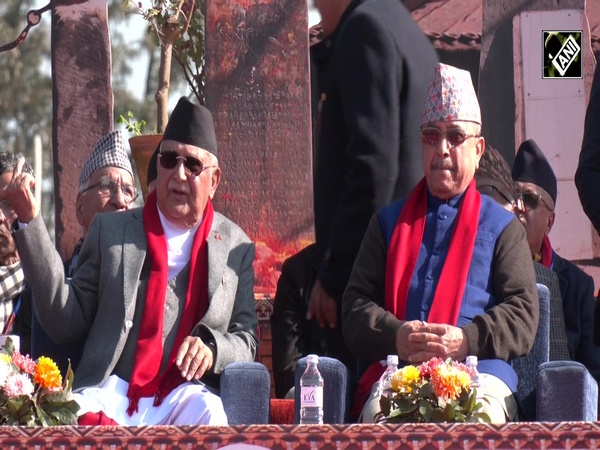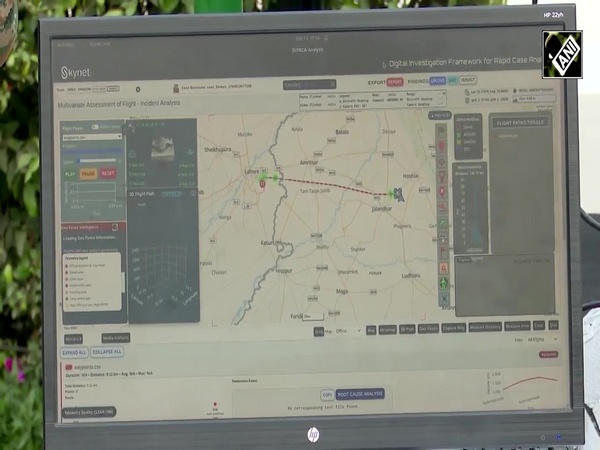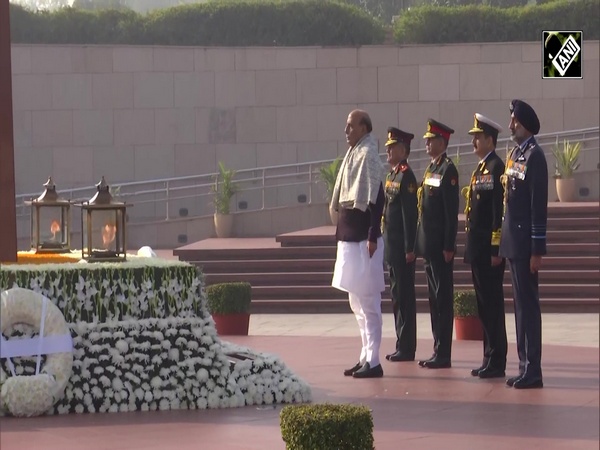Taiwan moves to fortify military and legal systems against rising Chinese infiltration
Oct 31, 2025
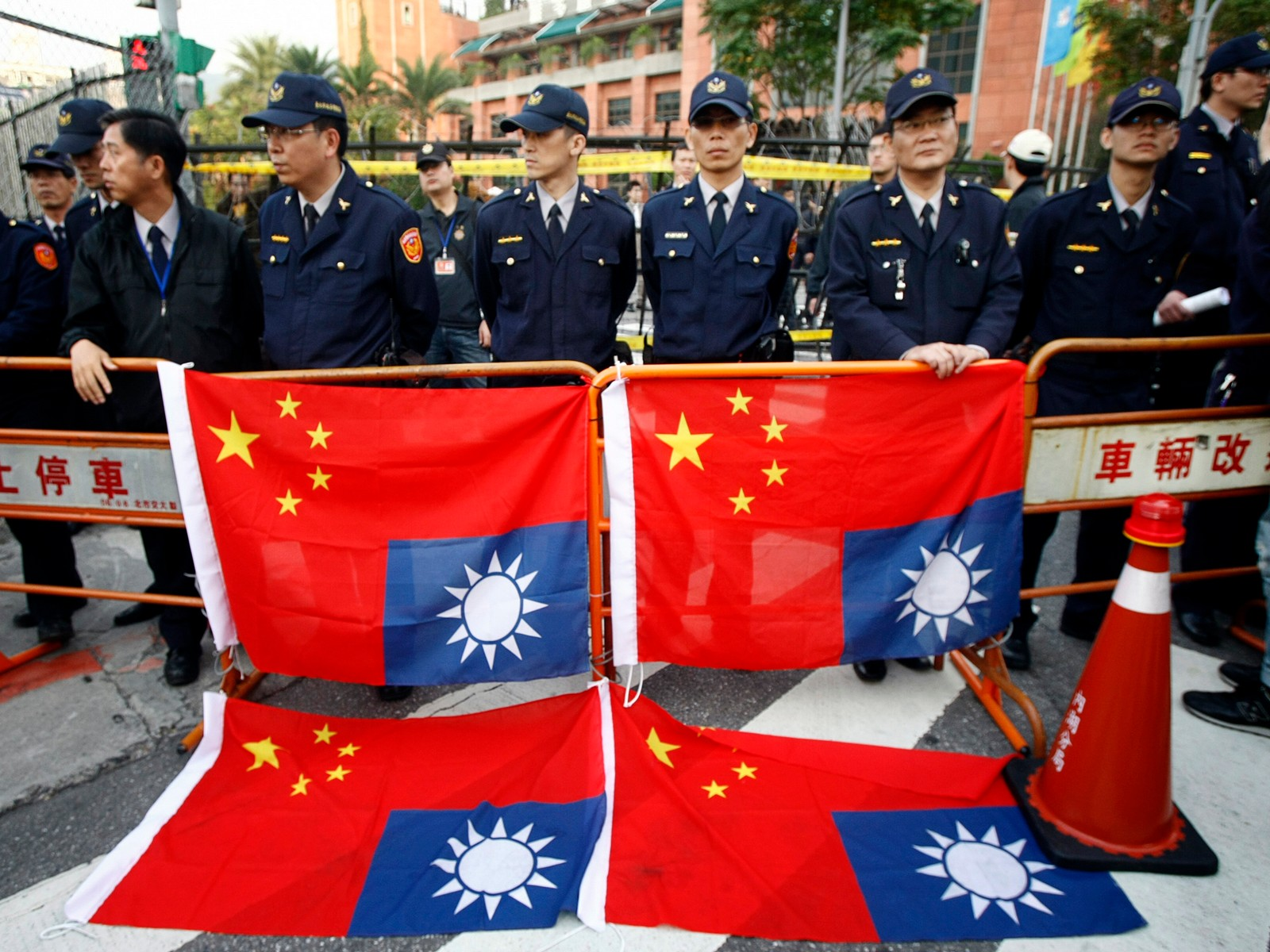
Taipei [Taiwan], October 31 Taiwan is intensively reviewing and reforming its military and national security framework to counter China's persistent infiltration efforts. Executive Yuan Secretary-General Xavier Chang highlighted the government's robust response to mounting security threats from China, as reported by The Taipei Times
According to The Taipei Times, Chang explained that the initiative aligns with President William Lai's 17-point national security strategy unveiled in March, which seeks to shield Taiwan from China's growing campaign to undermine its sovereignty, infiltrate its military, manipulate public opinion, and lure young Taiwanese and businesses toward reunification narratives. The strategy emphasises comprehensive legislative and administrative measures to close all possible channels of Chinese interference.
The Executive Yuan has pinpointed 120 key tasks, including 21 laws slated for amendment or fresh legislation. Among these are the Special Statute on Strengthening the Resilience of the Economy, Society and National Security, revisions to the Cyber Security Management Act, and the Industrial Innovation Statute. These legislative steps reflect Taiwan's determination to strengthen economic and defence resilience amid escalating regional tensions.
In parallel, the Legislative Yuan has completed a preliminary review of new laws designating undersea cables as critical infrastructure. The proposed amendments would toughen penalties for illegal interference and require vessels to activate their automatic identification systems, a move widely interpreted as a safeguard against Chinese maritime intrusion.
To counter espionage within the armed forces, the government is conducting an in-depth review of four major bills: Chang stated that revisions to the National Security Act and Criminal Code of the Armed Forces are also underway, as cited by The Taipei Times.
Additionally, Taiwan plans to boost its defence budget to 3 per cent of GDP next year, following NATO standards. The Mainland Affairs Council has also reaffirmed that holding Chinese permanent residency would strip individuals of their Taiwan status, tightening oversight on civil servants, teachers, and military officers with ties to China.
In a related development, the Ministry of the Interior has introduced a new rule requiring Chinese nationals seeking Taiwanese residency to present notarised proof of PRC passport renunciation, closing a long-exploited loophole by Chinese applicants, as reported by Taipei Times.

